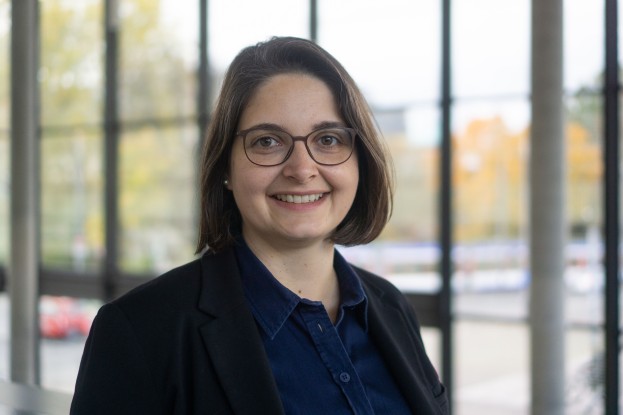Heterogeneous catalysis for the conversion of renewable resources
Catalyst synthesis, characterization and catalytic testing
The utilization of renewable resources is inevitable for a sustainable future development. Renewable energy will be ideally obtained from non-fossil resources and the energy sector will be rather decarbonised in the future. In contrast, chemical production of materials and products of all kinds requires renewable (hydro)-carbon resources of which basically biomass and carbon dioxide are abundantly available. Research of the Rose Group focuses on the catalytic conversion of biogenic platform chemicals towards established as well as innovative novel value-added chains. Reaction routes such as hydrogenation, dehydration, decarboxylation, amination are in the focus. Due to the properties of the biogenic platform chemicals most reactions are carried out in the liquid phase. The group focuses on novel reaction routes as well as on the development of heterogeneous catalysts for this purpose. These catalysts are comprehensively characterized with typical methods such as XRD, physisorption, chemisorption, TPD, IR and NMR spectrocopy, XPS, electron microscopy and many more that are partially available in the group and partially available by direct collaboration within the university. The catalysts are tested initially in batch reactors. Dependent on the development status of the reaction also various reaction setups for advanced continuous processing in combination with online-analysis are available to not only proof the feasibility of a new catalytic system but also to carry out detailed investigations on reaction engineering aspects such as mass transfer limitation and the reaction kinetics. Within the project an exemplary reaction that fits to the scope and the experimental equipment of the group is chosen and a comprehensive approach from catalyst synthesis and characterization up to the catalytic testing is intended.
Additional Information
| Supervisor | Prof. Dr. Marcus Rose |
| Availability | Spring, Summer and Fall 2025 |
| Capacity | 1 Student |
| Credits | 12-18 ECTS |
| Remote Option | No |



